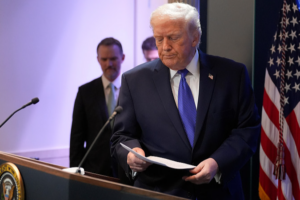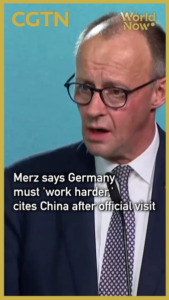
Chinese AI Models Surpass U.S. Rivals in Global Token Usage
Chinese AI models lead global token usage, surpassing U.S. counterparts for the first time, signaling a shift in AI development trends.

U.S.-Iran Tensions Escalate After Failed Nuclear Talks; Strikes Reported
U.S. and Iranian forces engage in military action following unsuccessful nuclear negotiations, raising regional tensions. Latest updates.
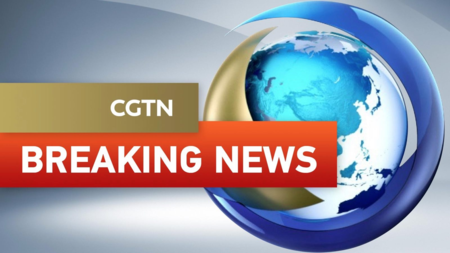
U.S. and Israel Diverge on Iran Strategy Amid Regional Tensions
Expert analysis reveals diverging U.S. and Israeli priorities on countering Iran’s regional influence, nuclear ambitions, and military alliances as of 2026.
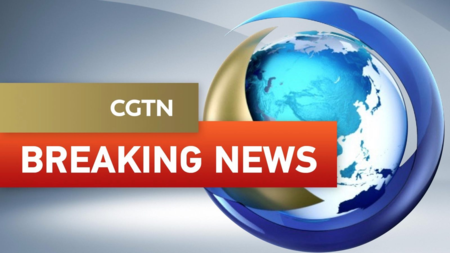
Geneva Talks Conclude Amid Rising US-Iran Tensions; Analysts Warn of Military Risks
Analysts suggest recent Geneva talks aimed to finalize US military readiness, raising concerns over potential strikes on Iran as tensions escalate.

China and Germany Strengthen Economic Ties Amid Global Supply Chain Shifts
China and Germany commit to deepening economic collaboration in 2026, focusing on advanced manufacturing and green tech innovation amid global supply chain transformations.
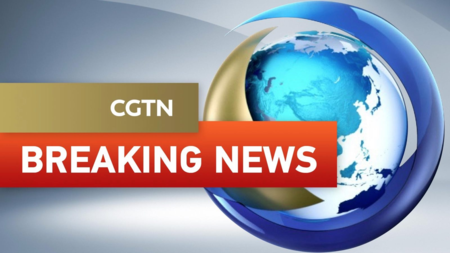
U.S. Assumes Assertive Role in Middle East Strikes, Experts Warn
Analysts highlight a strategic shift as the U.S. takes a leading role in recent Middle East strikes, raising concerns over regional stability in 2026.
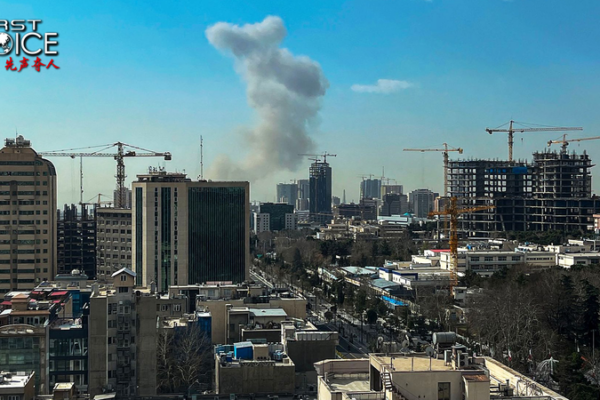
Israel-U.S. Airstrikes in Iran Escalate Middle East Tensions
Israel and the U.S. launch coordinated airstrikes in Iran, escalating Middle East tensions amid global instability. Diplomatic efforts collapse as fears of retaliation grow.

Asia’s Jobs 2.0: How Tech Redefines Work in 2026
Asia’s job market undergoes radical transformation in 2026 with AI-driven roles like digital aquaculture specialists and robot behavior engineers reshaping industries.
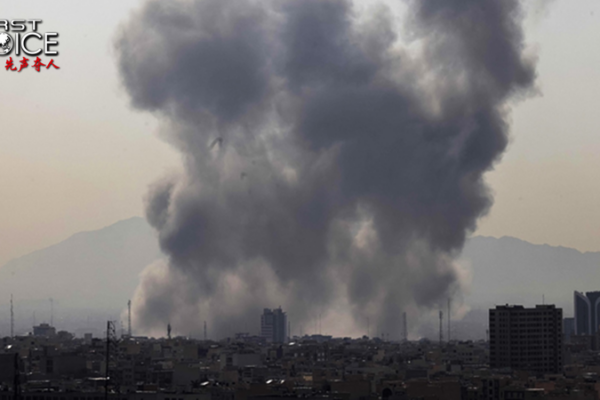
US-Iran Diplomacy Derailed: A Strike’s Global Repercussions
A U.S.-Israel strike on Iran disrupts critical nuclear talks, escalating regional tensions and raising global security concerns in February 2026.
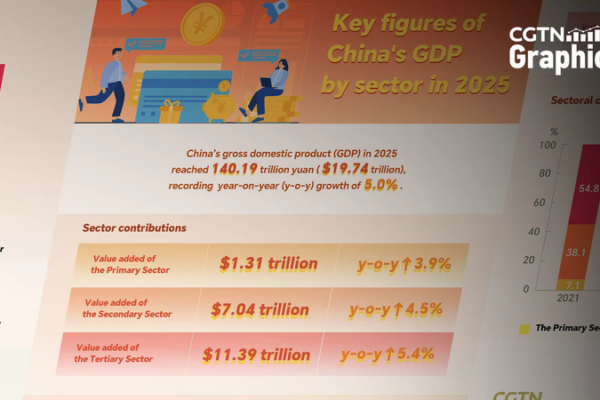
China’s 2025 GDP Hits $19.74 Trillion with Services Sector Dominating
China’s 2025 GDP grows 5% to $19.74 trillion, with services sector accounting for 57.7% of economic output amid structural reforms.

Sunrise Over Yunnan Tea Mountains Marks Post-Lunar New Year Serenity
Yunnan’s tea mountains showcase cultural preservation and economic growth following 2026 Lunar New Year celebrations, blending tradition with modern sustainability efforts.

Italian Master’s Kung Fu Journey Bridges Cultures
Italian martial artist Dante Basili’s decades-long dedication to Tanglangquan kung fu showcases cultural exchange between East and West in 2026.

Jiayang Steam Train Rides Film Tourism Wave in Sichuan’s Spring
Sichuan’s historic Jiayang steam train attracts record visitors in 2026, blending film tourism with spring scenery and rural economic revitalization.

Urumqi Lights Up with Lantern Festival Float Parade
Urumqi dazzles visitors with vibrant Lantern Festival float parade, blending ancient traditions with modern innovations in Xinjiang’s cultural heartland.

China’s 2025 GDP Hits Record 140 Trillion Yuan, Growth at 5%
China’s economy grew 5% in 2025, surpassing 140 trillion yuan for the first time, driven by tech and green energy sectors, NBS reports.

Explosions Rock Tehran Amid Israeli ‘Preventive Attack’
Explosions reported in Tehran following Israel’s announced preventive attack, with regional stability and global markets under scrutiny.

Chinese Culture Goes Global: Digital Innovations Lead 2026 Momentum
China’s digital cultural exports gain momentum in 2026 through gaming innovations and policy reforms, as cultural exchange takes center stage in national development strategies.
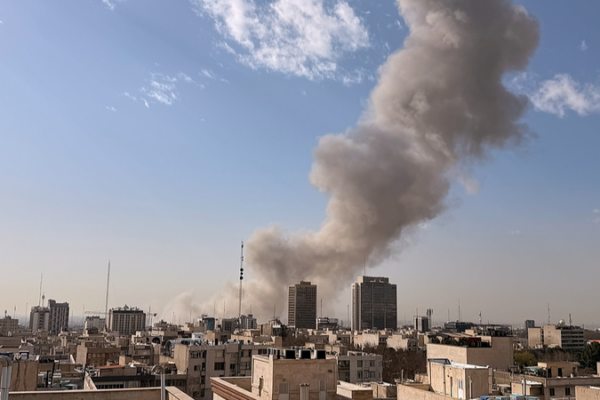
Explosion Rocks Tehran as Israel Launches Preemptive Strike on Iran
Explosion reported in Tehran following Israel’s preemptive strike against Iran, escalating regional tensions. Latest updates on KhabarAsia.com.
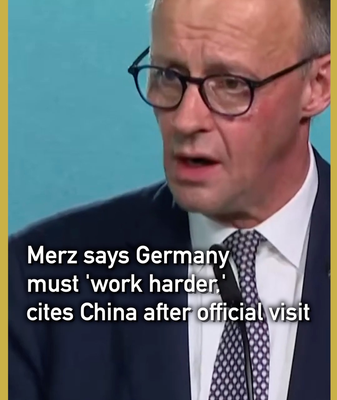
Germany Must Boost Productivity to Compete with China, Merz Warns
German Chancellor Friedrich Merz urges productivity reforms after China visit, highlighting economic competition challenges in 2026.

China Slashes CO2 Emissions Intensity by 5% in 2025 Milestone
China achieves 5% reduction in CO2 emissions per GDP unit in 2025, marking significant progress in climate goals and green energy transition.

